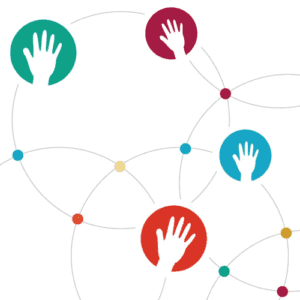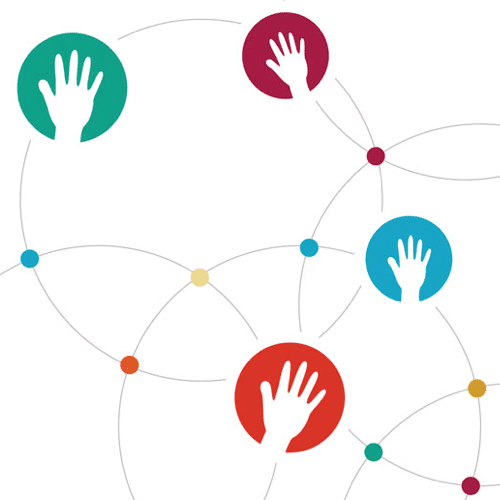According to a recent study by The Center for Exhibition Industry Research (CEIR), 68% of exhibitors ranked generating leads as one of their top three objectives in attending an event. Show organizers need to recognize this as a value-driver towards attendance and empower their exhibitors accordingly. The days of collecting business cards is coming to a close – exhibitors demand a digital solution at shows that captures attendee contact information, as well as personal details and conversational notes. 
Unfortunately, organizations have been dependent on hardware-based, prohibitively expensive lead retrieval systems that have created barriers to purchase and adoption. Not only does this challenge deprive a company of having a successful exhibit strategy, but it also has left event organizers lacking robust data to take action.
The Problem with Weak Data
As organizations complete their pivot to omnichannel engagement, high-quality data is the foundation that supports an omnichannel approach. Data drives the content that an organization creates across their available channels to support an omnichannel engagement strategy. Organizations know that one source of content isn’t enough to satisfy all the different audiences that engage with an organization and use data to help guide their content. Essentially the better the data, the better an organization can engage with their audiences.
For an exhibiting organization, providing the right post-show content for all the people that they engage with at a tradeshow is key. Exhibitors need to capture as much data as possible from their interactions in the booth and digitize that data quickly enough to provide a prompt follow up using the proper channel. The success or failure of that follow up is impacted heavily by the complexity of their lead retrieval system.
Show organizers can also take advantage of exhibitor lead retrieval systems to get a glimpse into the exhibitor experience at a show. By turning that into actionable data, organizers can improve their show year over year and make changes directly to a show floor. But, the key to getting a complete picture is maximizing exhibitor adoption of the lead retrieval solution. The higher the adoption, the greater the visibility into exhibitor’s experiences – by creating barriers to exhibitor adoption, show organizers are limiting their own ability to take advantage of their lead retrieval solution.
Putting your Data to Work
The first step to acting on exhibitor lead data is to identify actionable pieces of data. Let’s start with the easiest two data points: high traffic vs. low traffic areas. By identifying the highest and lowest traffic areas on the show floor, show organizers gain a deeper understanding of what the most successful exhibitors are doing to drive traffic and how different activations help to increase traffic flows. Show organizers should ask themselves a few questions when looking at these pieces of data:
- How are my exhibitors driving traffic? They might be leveraging a high-touch activation, or they may have been particularly successful in pre-show promotions. Your exhibitor lead data can help you identify other data points that help contextualize your lead data results.
- Did we design any traffic drivers? A show floor is more than just booth space – food and beverage, demo areas and lounges are all places where attendees congregate during the show. Use these traffic drivers to help boost low-traffic areas and disperse attendees throughout the exhibit hall.
- How is the traffic flowing throughout the show? The entry and travel paths for attendees enables show organizers to learn about dispersal patterns among the show. These patterns help to identify where attendees are entering the show floor and how they maneuver once on the floor. Use this data in compliment with the two other questions to more effectively design high-traffic booth placements.
To collect the right data, place an emphasis on picking the right solution. Not only do you need a robust platform to collect this information, but you also need to select a solution that drives high adoption rates. Your exhibitor lead data is collected by your exhibitors – without a strong user base, the insights you can act upon will be limited.
